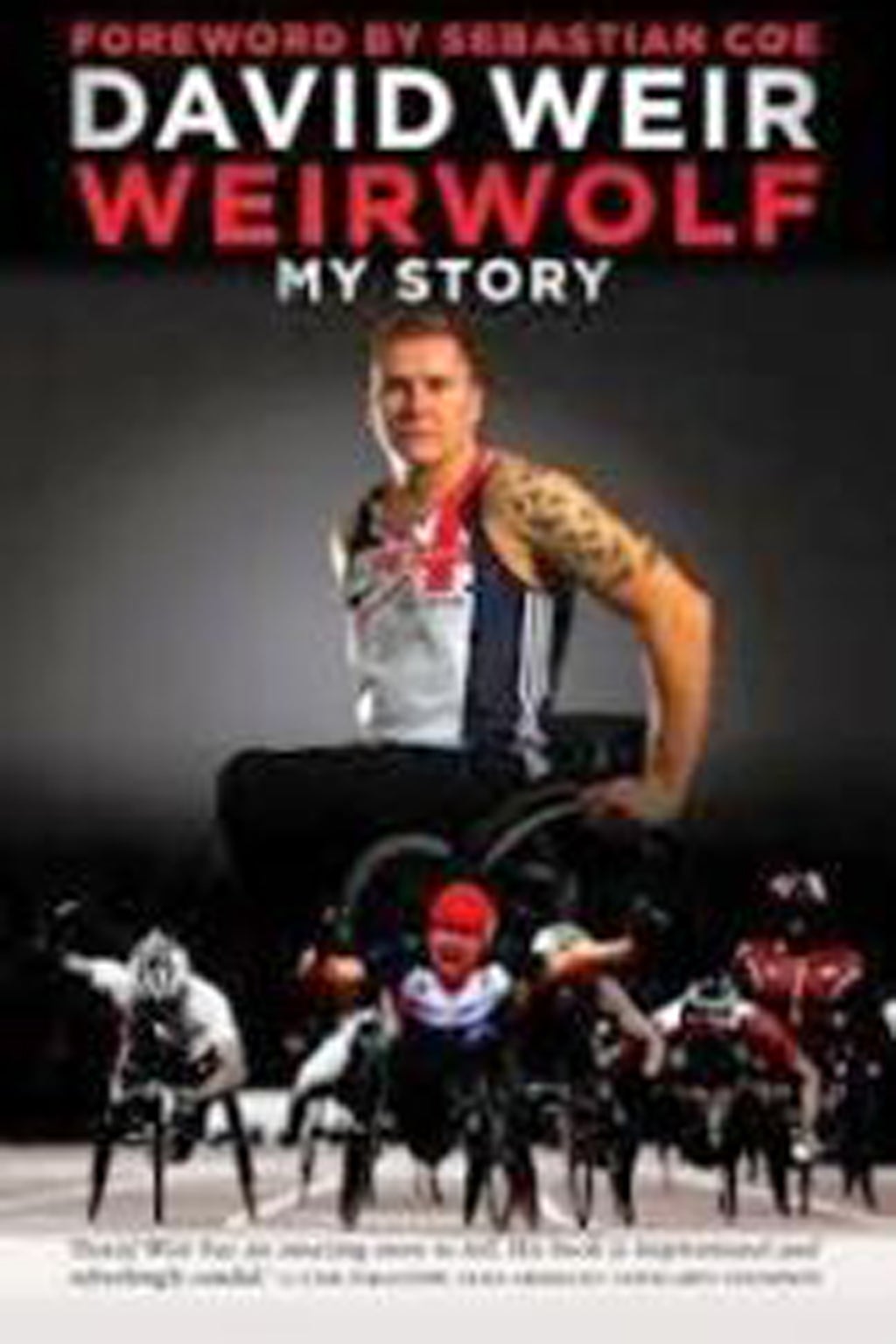Book of the week: Weirwolf - My Story, By David Weir

London 2012 was a breakthrough year for disability sport, with full houses for the Paralympics. Britain’s poster boy was the wheelchair racer David Weir, who delivered the goods with four gold medals.
Honours duly followed, with a CBE to add to his MBE, but there has been no fortune to add to his fame; he explains that he lives in a two-bedroom council house with his fiancée and two young children, and that Sutton Council, despite naming a leisure centre after him, have jibbed at rehousing the family to a more disability-friendly property.
Weir stresses that disabled athletes still have a long way to go before achieving parity with their able-bodied counterparts. He is scathing about UK Athletics, claiming the governing body and their coaches treated him like a second-class citizen in the build-up to 2012, and adds that both before and after the Paralympics, sponsorship offers didn’t exactly pour in.
And if you thought wheelchair racing was one big happy family, think again: Weir recounts tales of dodgy starts and deliberate hand-knocking to disrupt rivals’ rhythm, anathema to his sense of fair play, though he is undoubtedly a tough racer, as his long run of success at every distance from 100m to the marathon attests.
Born with his disability, he enjoyed supportive parents, an inspirational coach and a deep-rooted desire to succeed. However, he does admit to a three-year wobble involving drinks, drugs and clubbing after the shambles of Atlanta in 1996, where he felt “people didn’t give a stuff” about disabled athletes.
That desire evidently still burns; having vowed to retire, he is now eyeing Rio 2016, by which time he will be 37. His final sentence reads: “I’ll be back,” so expect another chapter in his deeply impressive career.
Published in hardback by Biteback, £18.99
Join our commenting forum
Join thought-provoking conversations, follow other Independent readers and see their replies
Comments
Bookmark popover
Removed from bookmarks